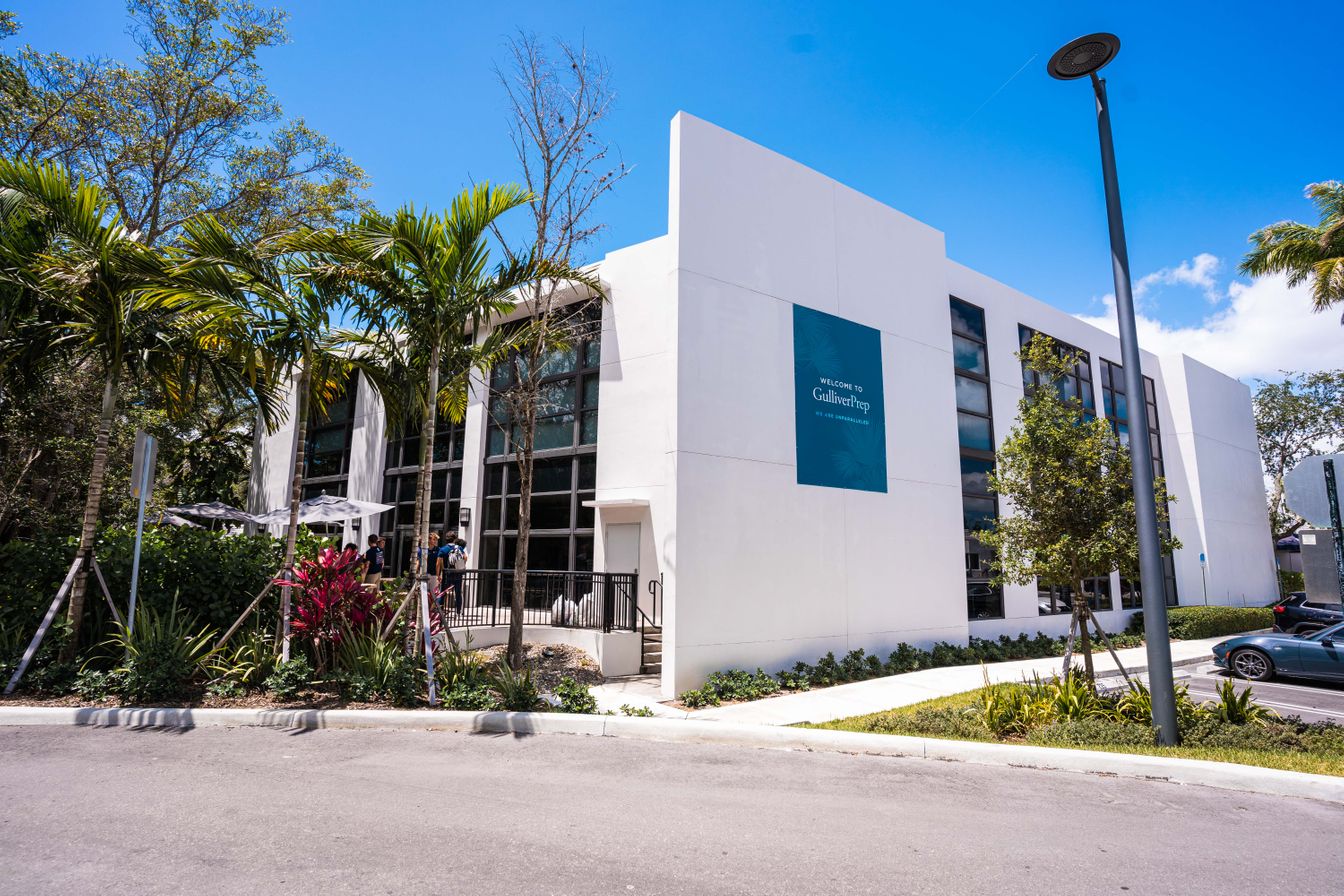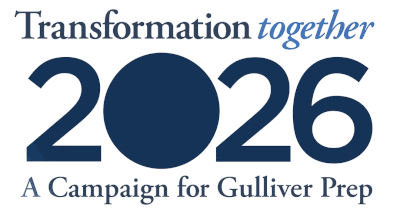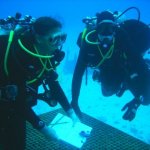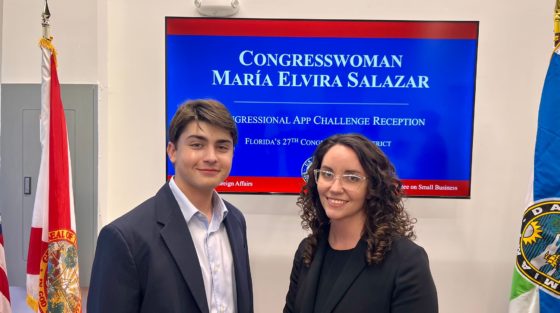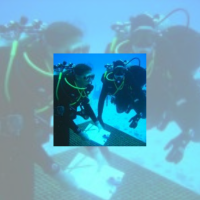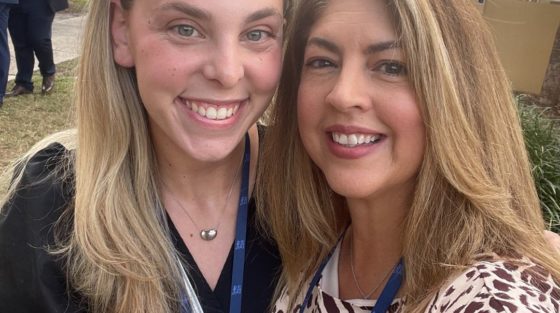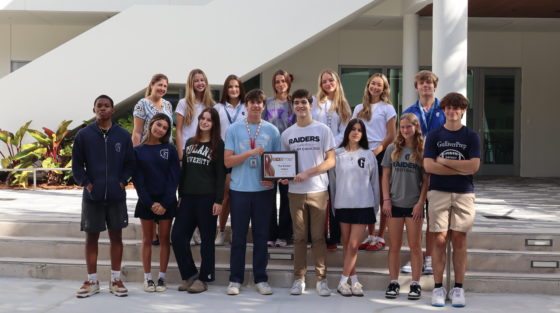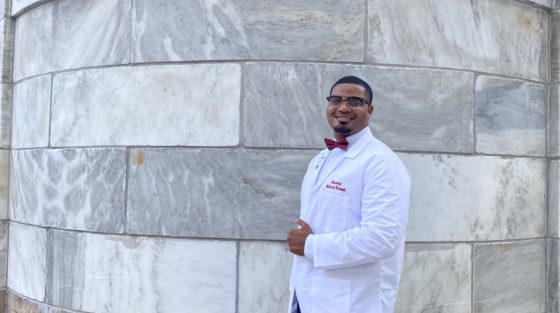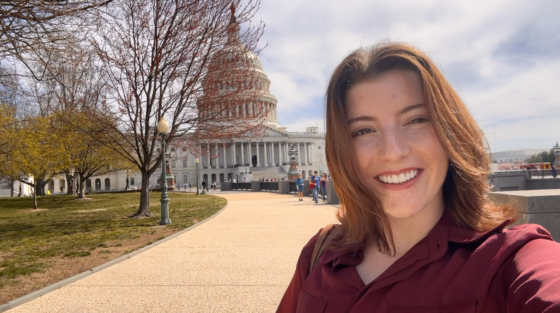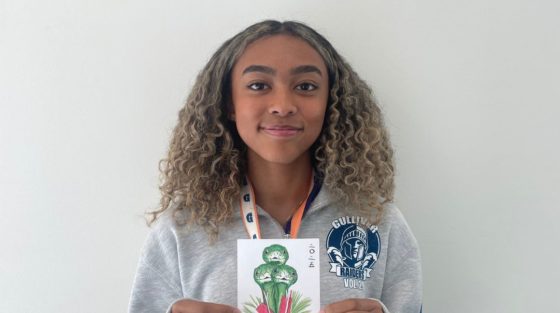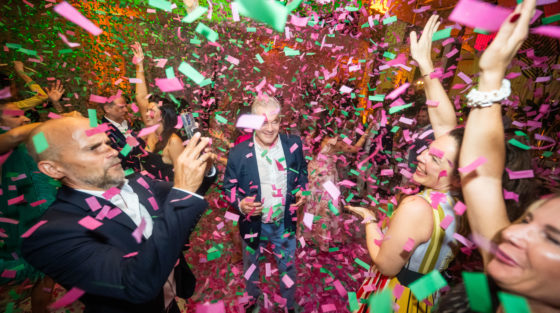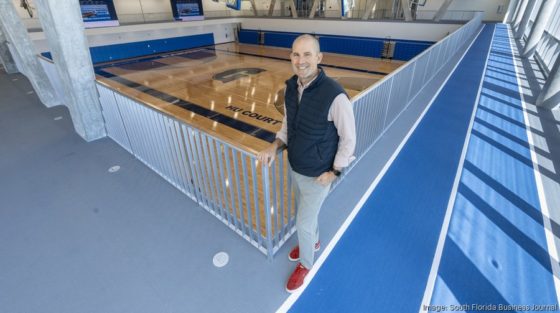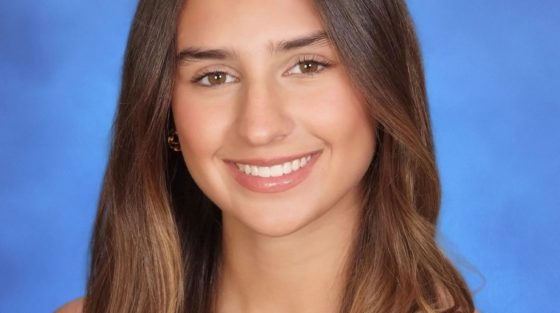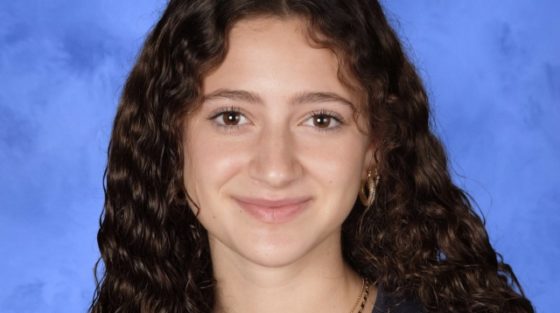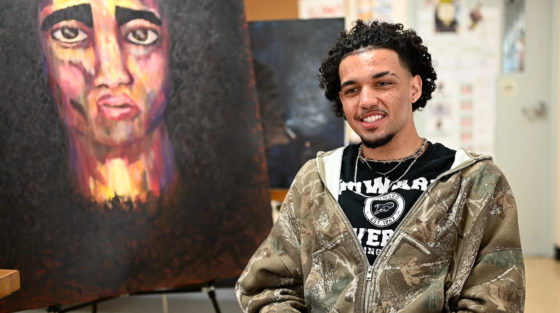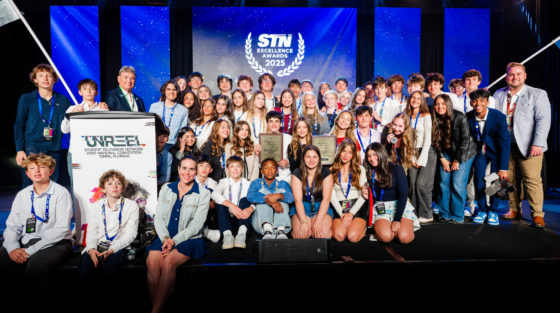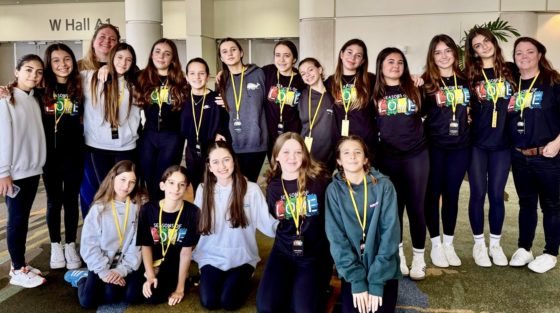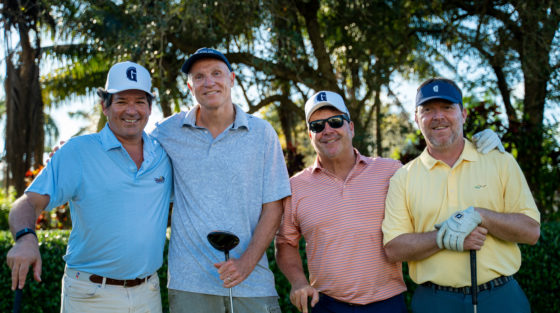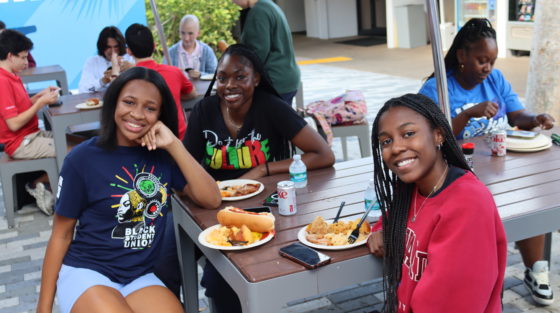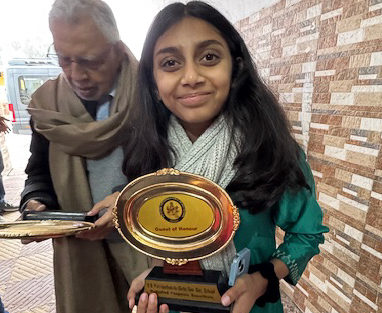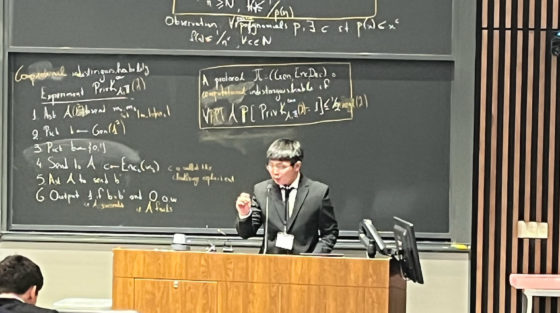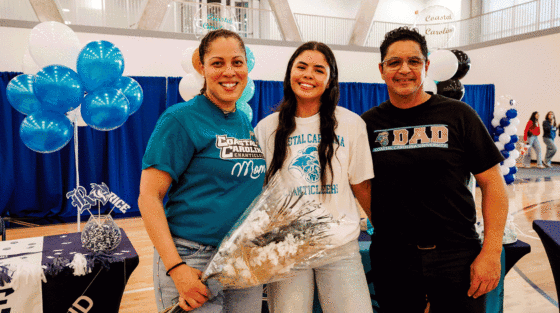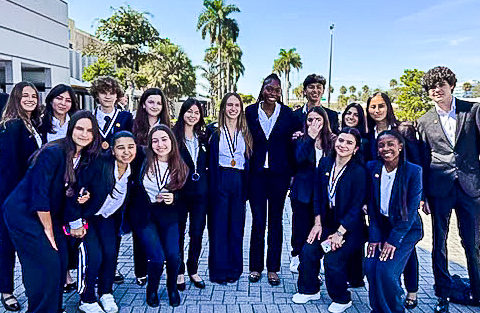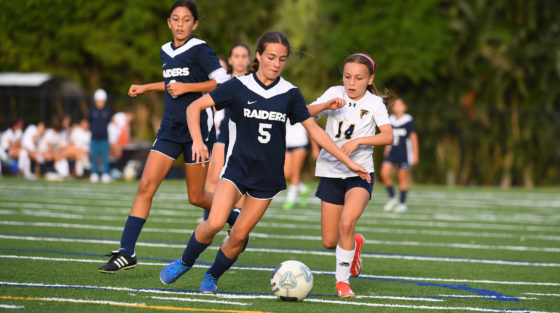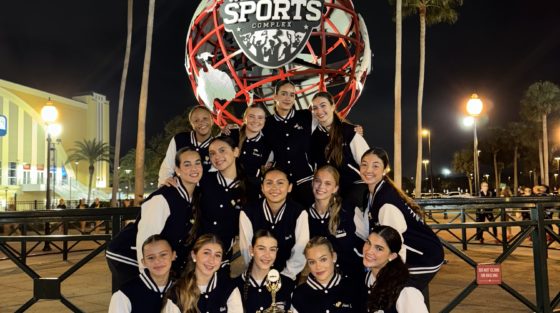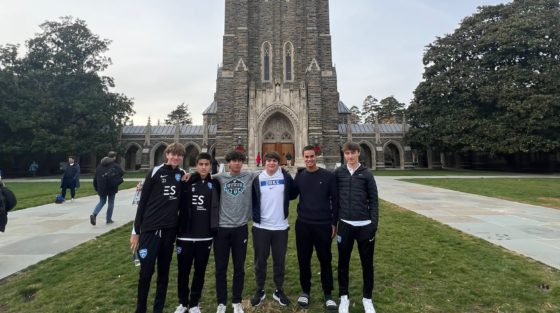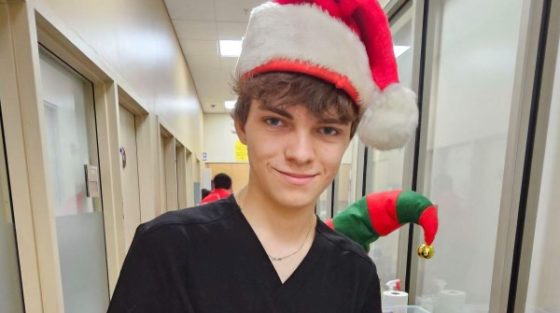Environmental Science Faculty Member Shares Aquanaut Experience Aboard World’s Only Underwater Laboratory
Deployed 60 feet beneath the surface of the Florida Keys National Marine Sanctuary, the Aquarius Reef Base is home to the world’s only underwater ocean laboratory. The Medina Aquarius Program allows scuba-certified researchers like AP Environmental Science teacher Mark Tohulka to study the ocean, test and develop state-of-the-art undersea technology, and be immersed in a unique marine ecosystem where you live for days or weeks at a time. Tohulka had the once-in-a-lifetime opportunity to serve as an aquanaut crew member aboard the program’s 100th mission in 2008, and still recalls the experience as if it were yesterday.
“The Medina Aquarius was at the top of my bucket list, and it was a dream to be part of their 100th mission. I felt like Forrest Gump— I’ve stumbled into some of the most amazing experiences of my career and this is one of them,” said Tohulka, who applied for the science teacher aquanaut slot aboard the 6-person mission and was accepted. “There’s this misguided conception that we’ve already made all the discoveries on the planet, but we have physically seen only 1% of the ocean bottom. How do we see things that are underwater? There is no substitute for being there.”
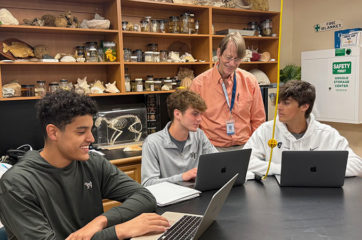
Tohulka’s role on the weeklong mission was to conduct a survey of fish behavior and their habitats. He recalls the seven days of intense diving training prior to the mission, his 100 pounds of diving equipment, as well as the underwater highway system made up of rope to get to the lab. Several years prior to the mission, Tohulka had also provided the Aquarius Program with high-school-level curriculum support on underwater exploration, water pressure and the required diving equipment for aquanauts.
Tohulka’s Aquarius experience came full circle this year when the mother of one of his current AP Environmental Science students, Sebastian Schnur, asked if he had heard of the Medina Aquarius program and he shared his aquanaut experience. Sebastian’s grandfather, Manuel Medina, and his family are major supporters of the program whose funding has helped keep the lab operational despite deep funding cuts. Today, the Medina-funded program is based at Florida International University.
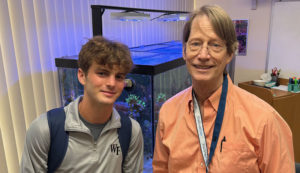
“I’m grateful to my grandfather for funding the Aquarius underwater lab. It’s making a difference and advancing science,” said Sebastian. “It’s amazing that Mr. Tohulka had the opportunity to participate in an Aquarius mission. He is one of the most dedicated teachers I know and deserving of an opportunity like this.”
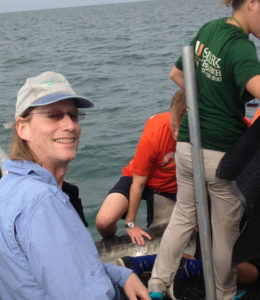
Aquarius is just one of many fascinating community-based scientific experiences Tohulka has been involved with since he began teaching 40 years ago. He’s gone aboard two other underwater habitats, including a NASA-sponsored Space Life Sciences mission and Jules Undersea Lodge, a former research habitat which is now an underwater hotel in Key Largo for certified scuba divers. Additionally, he has a Mako Shark named after him as part of a shark tagging research project he and Gulliver students have been involved with at University of Miami (UM). Tohulka has even provided expertise and curriculum support for a NOAA-sponsored lab for Royal Caribbean, as well as for Florida International University and UM’s Medical School and Rosenstiel School of Marine and Atmospheric & Earth Science (among many others).
Tohulka excitedly brings his decades of research, service, and experience into the classroom whenever possible to enrich and inspire his students who are studying environmental science, oceanography and marine biology. Tohulka said he is having so much fun in the classroom and has not yet made plans to retire from teaching. It’s this kind of passion and commitment among our faculty that makes the Gulliver experience unlike any other.
